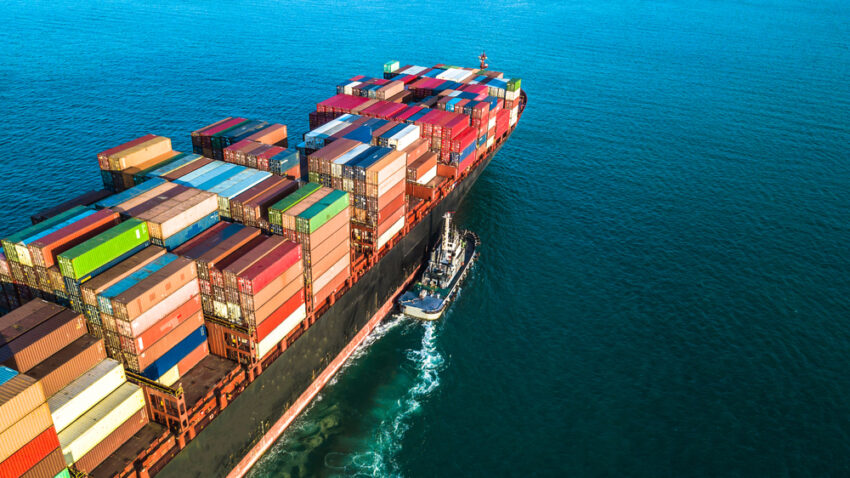Trade conflicts are like ominous shadows; they’re never far away and might pounce at any time. It is a threat to trade assets on every continent inside the complex network of global trade.
Many companies are feeling the pinch as a result of geopolitical tensions and policies that are becoming more rigid in response to increasing incidents. In this regard, the aim of this article is to explore the current challenges and opportunities in relation to trade disputes and measures that could be taken to resolve them.
Exploring the Consequences of Trade Wars
The contemporary global economy has a personality deserving of centre stage, thanks to trade disputes, which include increased tariffs, new forms of retaliation, and a “scandalous” political atmosphere. Disagreements over important sectors, IP rights, and the trade deficit are just a few of the many sources of trade disputes that may lead to full-blown wars. In order to initiate a trade war, they must have a valid justification, such as protecting domestic businesses.
The Effects on shipping companies UAE
Disruption to international commerce and the impact on importers, including the vast UAE sector, are two major outcomes of cross-border trade disputes involving the UAE. For example, in the instance of the Seychelles cruise ship catastrophe, there was some leverage in the reputation problem of major disruptors or unfavourable news cycles. It is worth noting that geopolitical limitations have a noticeable impact on global commerce patterns by preventing products from passing through certain straits. Their goal is to ensure that all aspects of international trade may go smoothly. The potential for security breaches and transit delays on maritime carriers involved in sensitive geopolitical activities is a major reason for worry.
Consider the logistics system; it allowed Dubai’s economy to thrive up until recently thanks to the country’s most famous port, but it’s now in a state of decline as trade wars have emerged as a tool for rival nations to retaliate. Since Dubai’s economy depends on the unfettered trade of services and products across all nations, one big effect is that commodities cannot travel smoothly across international borders.
Problems That Dubai’s Logistics Firms Face
The decision-making details of changes that could impact twenty-two EU member states are still a part of the current trade war, which has many logistical challenges. These include keeping up with potential new procedures and paperwork, making sure all customs offices in a country are compliant, and figuring out and fixing any new tariff implications. Currency fluctuations and trade volumes are among the trade hazards. The logistics businesses’ rate of exchange relative to local revenue streams and profitability in this area will be a point of contention.
However, shortages of raw materials, components, and completed goods may also emerge from such trade disputes and impact Dubai warehousing companies. Similarly, there are a few aspects that will be covered here that might further reduce interruptions in the supply chain. Among them, you may find diverse procurability, resilient supply chains, and flawless inventory management. Therefore, trade conflicts may eventually impede the efficacy and performance of these cross-border economic activities, especially with expanded interactions via nations.
Opportunities Amidst Difficult Conditions
Any logistics company in Dubai can stand out from the competition if it provides value-added services like supply chain consulting, risk management, and trade finance solutions, among others. Because corporations have access to sufficient knowledge about local markets, they are able to overcome trade obstacles and almost never incur losses as a consequence of trade disputes. Considering the possibility of tariff wars, this might drive Dubai and other storage companies to reevaluate their supply chain strategies and look for new ways to source their goods. The logistics firms in Dubai are reportedly adapting to this new trend by coming up with new ideas and changing their strategies for supply chain diversification, reshoring, and nearshoring.
Conquering Uncharted Waters
Efforts like these show that businesses are trying to solidify their positions as storage, shipping, and distribution hubs in an economy that is prone to economic volatility. Conquering Uncharted Waters As a result, trade disputes are still very much a disruption to the economy, with far-reaching consequences for many parts of the economy. The catastrophic effects of war on the world economy affect different social classes. Companies’ supply chain failures and regulatory ambiguity are two factors contributing to the current state of affairs, which in turn has a negative effect on the battle against corruption in the UAE’s logistic industries. Risk instability, on the other hand, may lead to innovation’s recovery or development, which runs counter to this idea. The bulk of Dubai’s logistic companies may be getting themselves ready to weather the storm of trade battles by diversifying their focus from product handling to assembly and forming strategic partnerships, among other things, while they watch the geopolitical fluctuations. These organisations will remain committed to foreign commerce no matter what.


